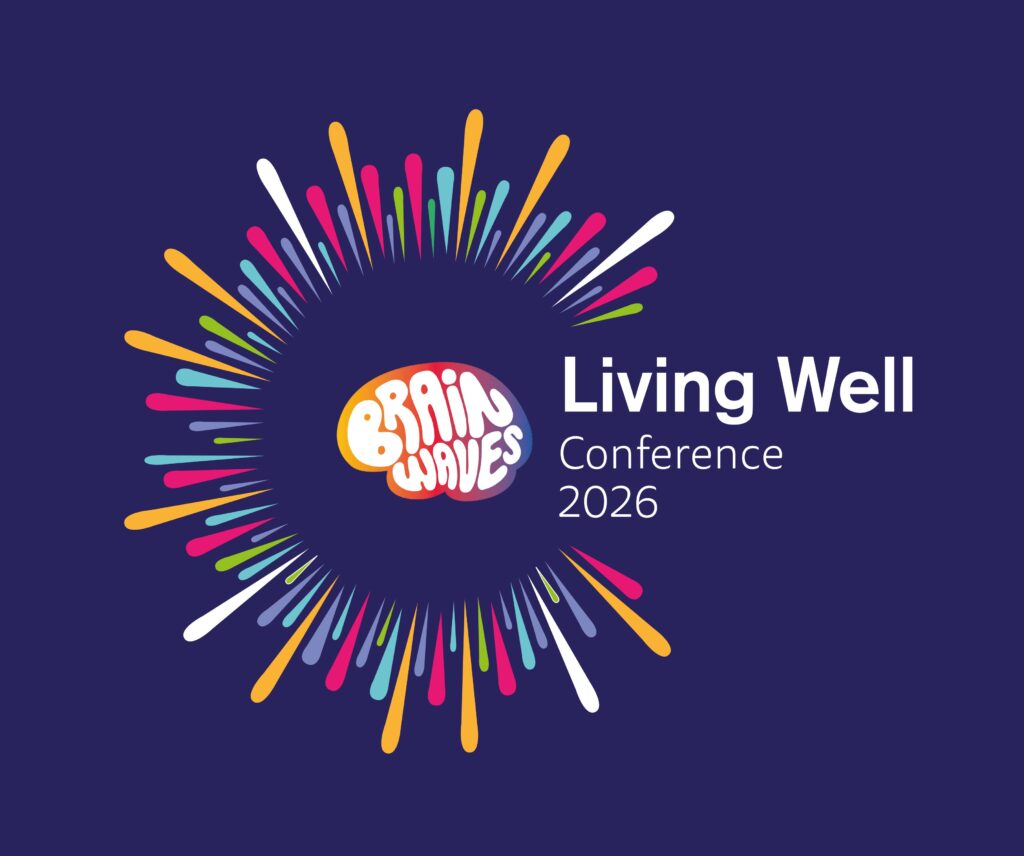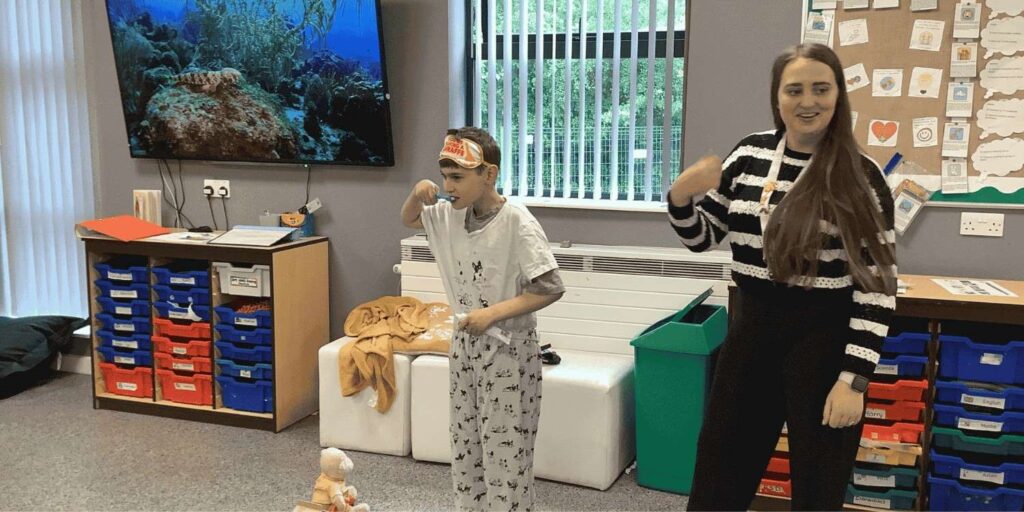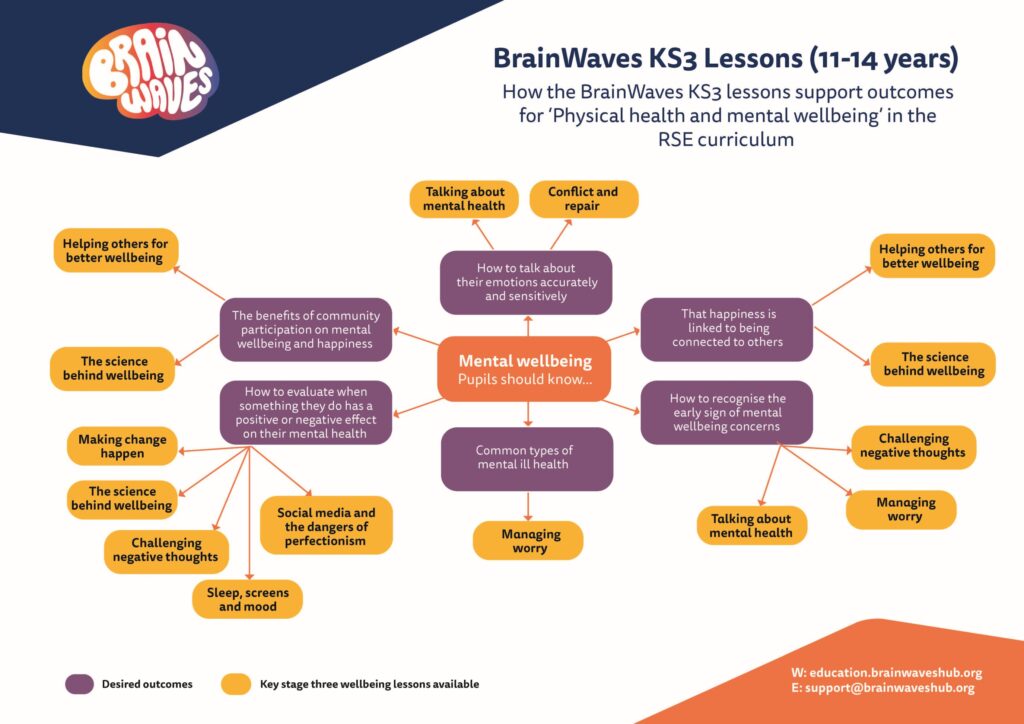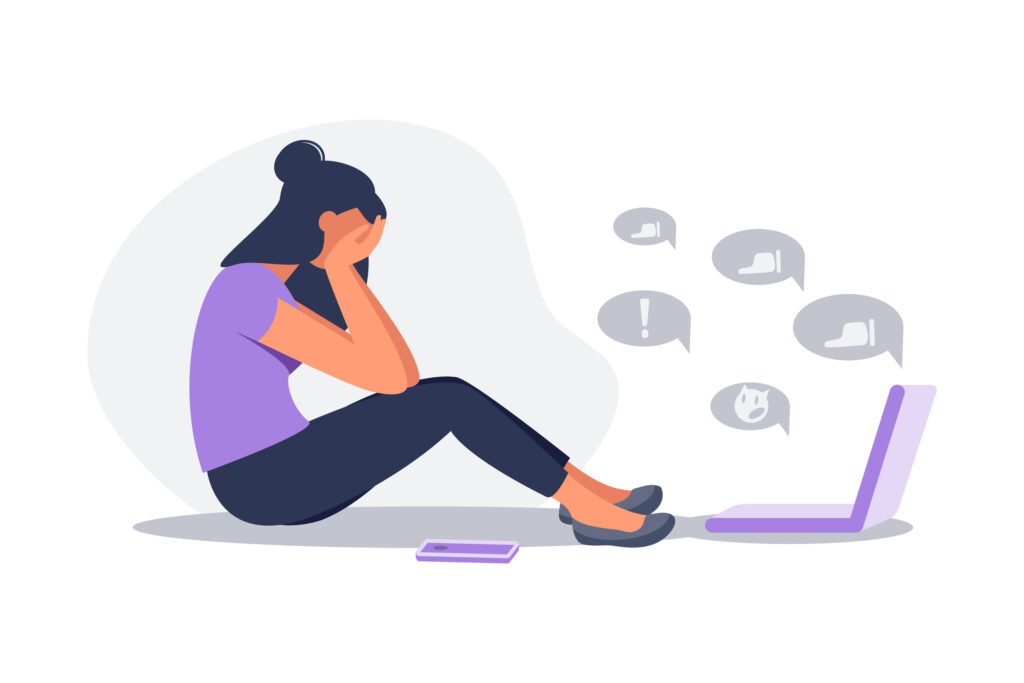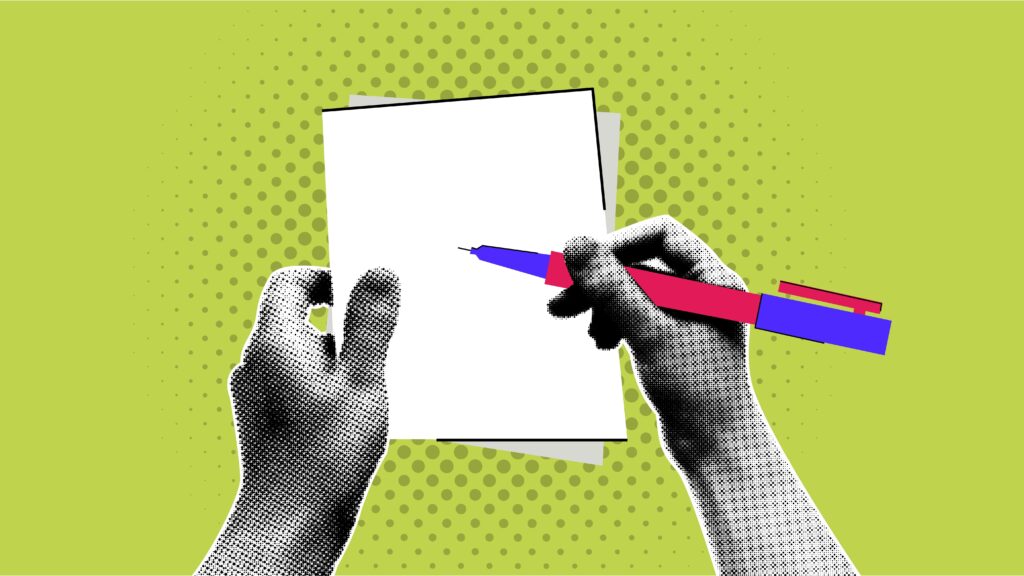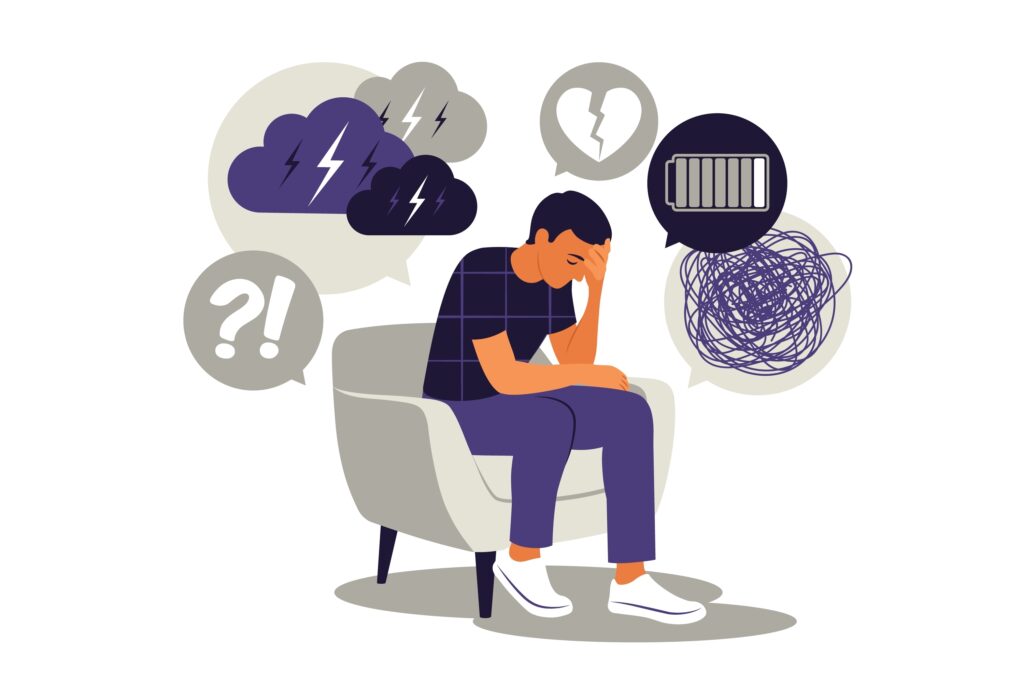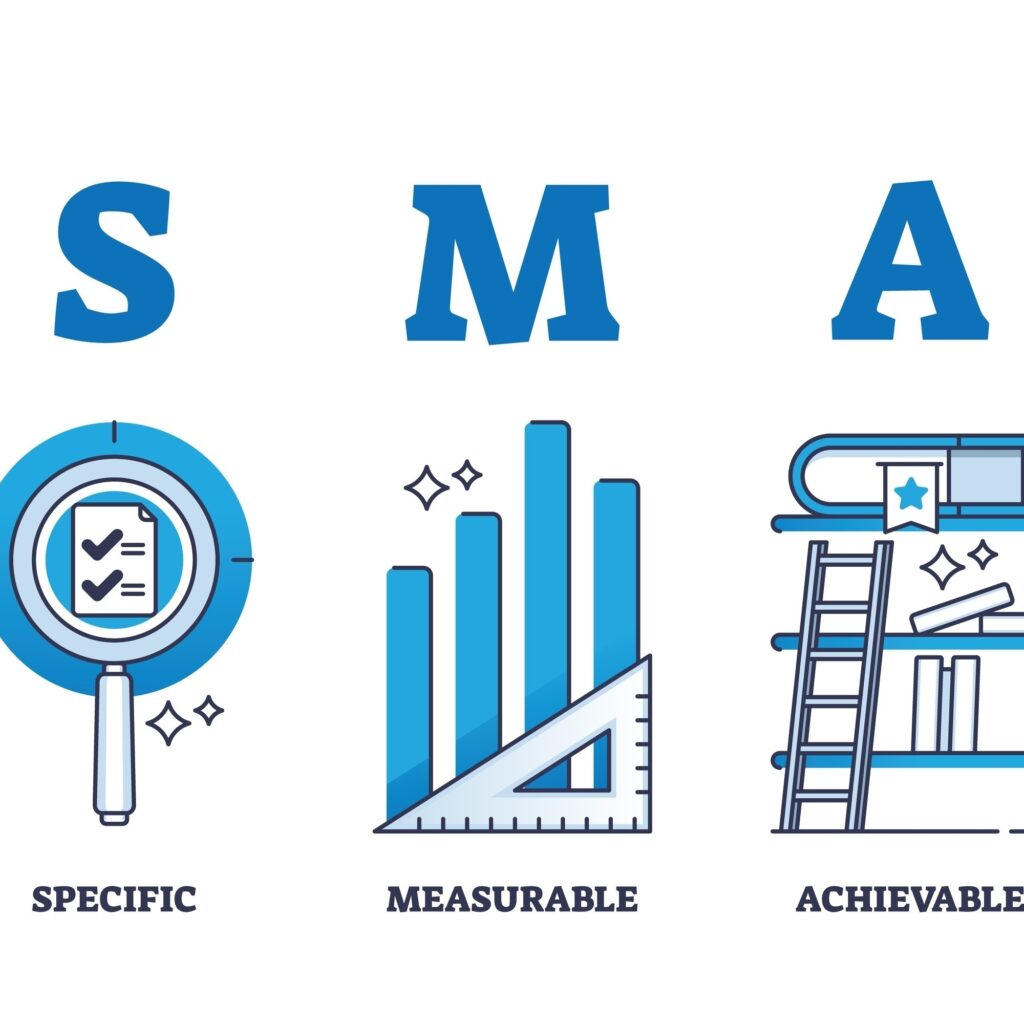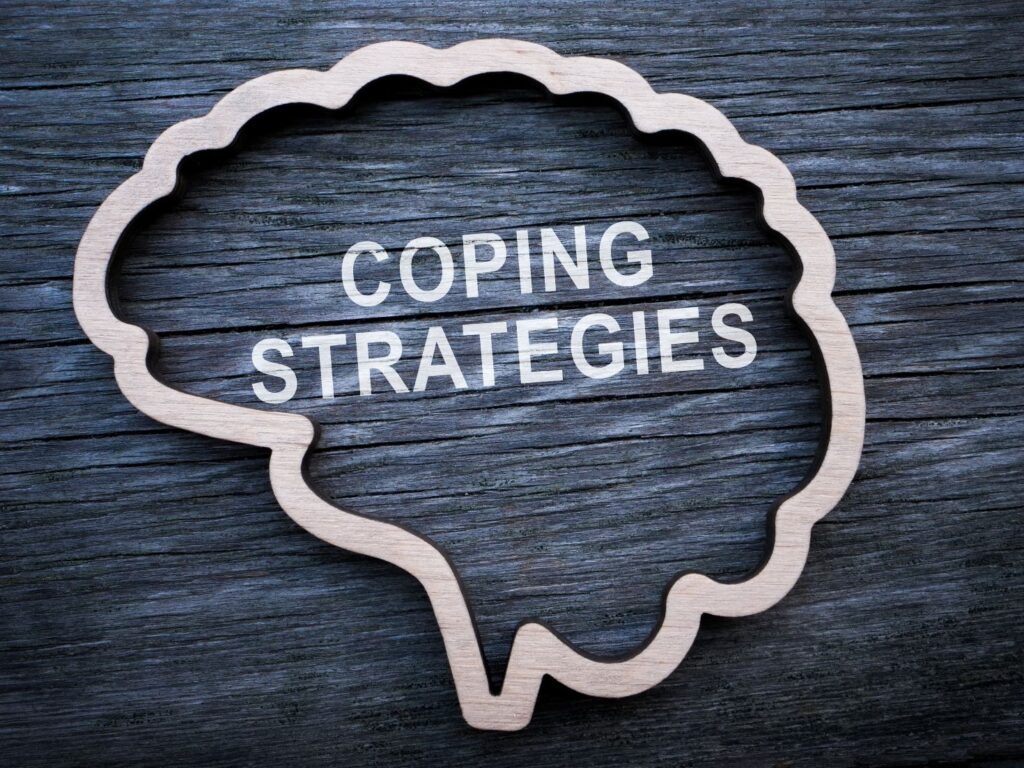Lesson support for teachers
Encouraging a classroom environment in which sensitive issues such as mental health can be discussed comes with its own set of challenges. One of the biggest aims of the BrainWaves lessons is to get teachers and students discussing mental health issues. However, even the most prepared teacher with the best materials can encounter issues with engagement. That is why we have prepared a series of resources to help you prepare for success.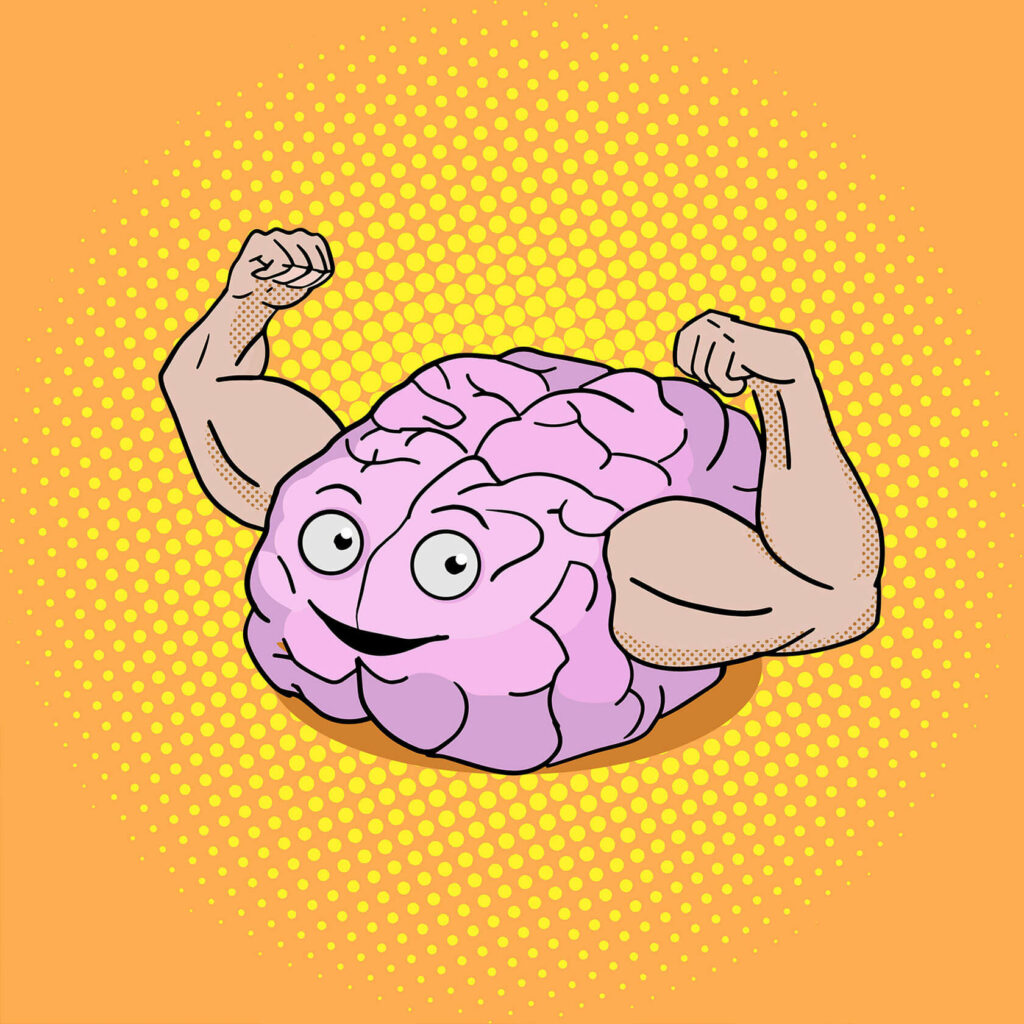
Blogs for teachers
Read a selection of our blogs around student mental health and wellbeing.
What the research says
Every BrainWaves lesson contains at least one evidence-based strategy for students to try that will support their wellbeing.
In our handy 1-page, easy-to-read Research Guides, you will find a summary of the research and evidence each strategy, meaning you can feel confident in the scientific basis of the lesson!
Tips on teaching mental health
Read a selection of our expert blogs to support your teaching of the BrainWaves lessons.
Encouraging student discussion
Find out how student talk can be used within the BrainWaves lessons to enhance learning.
Effective teacher questioning
Instil a sense of wonder and participation in your students by using effective questions.
Differentiating the BrainWaves lessons
Ensure every student can access the BrainWaves learning at the appropriate level for them.
Using the ‘no hands up’ technique
Encourage maximum student participation in sensitive discussions using this technique.
Grouping for effective discussion
Get the most out of student discussion and group work in your classroom.
BrainWaves glossary of research terms
Use these definitions to help students understand the BrainWaves research studies.
Free resources
Download and use these resources to help you prepare for and deliver BrainWaves lessons.
Understanding the teenage brain
Use this PowerPoint presentation, kindly provided by Dr John Coleman, to learn about the changes that happen to the teenage brain and how you can support them.
10 facts about teenage sleep
A selection of evidence-based research behind adolescent sleep to help inform and inspire your teaching of this important topic.
How the BrainWaves KS3 lessons map onto the RSE-PSHE curriculum
See how these lessons align with DfE guidance and cover all 6 required outcomes.
BrainWaves KS3 Lessons (11-14 years) poster
How to utilise the BrainWaves curriculum to support your PSHE curriculum objectives.
Frequently asked questions
Please check out these FAQs for any queries you might have on the BrainWaves lessons.
Is there a charge to use the BrainWaves lessons?
No. The lessons and supporting materials are provided completely free of charge by the BrainWaves research project.
Are the lessons suitable for use with international schools?
The BrainWaves lessons have been designed for use within English schools (referencing the DfE Relationships Education, Relationships and Sex Education (RSE) and Health Education guidance and the PSHE Association’s Programme of Study for PSHE Education).
Whilst the content of the lessons is still very applicable to the curriculums of other countries, we encourage teachers to be aware of any cultural differences or sensitivities.
Can the BrainWaves lessons be adapted?
The intellectual property (IP) for all the BrainWaves lessons is owned by The Day.
We are happy to consider adaptations of the lessons for widespread use (i.e. beyond your class or school) on an individual basis.
All adaptations of the lessons require clearance from The Day and a copy of the adaptation provided for reference.
Please contact us to discuss your proposed adaptation of the lessons.
How many BrainWaves lessons are there?
There are currently 17 lessons available within the BrainWaves wellbeing curriculum:
- 5 lessons for students aged 11-14 years (KS3)
- 5 lessons for students aged 14-16 years (KS4)
- 7 lessons for students aged 16-18 years (KS5)
More lessons will become available throughout 2024. You can find a copy of the rationale behind the curriculum and all the planned lessons here.
Do I have to teach all the lessons in order?
The BrainWaves lessons do not need to be taught in order.
However we do recommend starting with the foundation lesson for each age range:
11-14: The science behind wellbeing
14-16: The science of happiness
16-18: The psychology of wellbeingas these lessons provide an overview of the PERMA principles that are explored throughout the curriculum.
We believe the lessons are most beneficial when run as an overall programme – but if you have taught various topics before, or wish to focus on certain topics, you can just run them as standalone lessons.
How long do BrainWaves lessons run for?
The BrainWaves lessons are structured flexibly so you can deliver them according to the length of your lesson (i.e. 40-50 minutes):
- Part 1: 20 minutes
- Part 2: 20 minutes
- Extension activity: 10 minutes
If you have a 6o minute lesson, we suggest you extend the time allocated for all the discussions and activities in each part.
Can I teach the BrainWaves lessons to different age groups than those recommended?
Yes – within reason!
The lessons have been specifically trialled with students of those age groups – but you may find that your students would benefit from using lessons from a higher or lower age range. Please consider the materials carefully before making your decision.
How were the BrainWaves lessons developed?
The lessons were developed by combining the expert knowledge of leading academics at the University of Oxford and beyond, with the practical perspectives of PSHE teachers and lesson writers. All lessons were trialled with a range of secondary school teachers and wellbeing/pastoral coordinators.
Can I give feedback on the BrainWaves lessons?
Yes please!
We would love to know what you think, as well as suggestions for improvement. Please email your feedback to tracey.riseborough@brainwaveshub.org.
Thank you!

